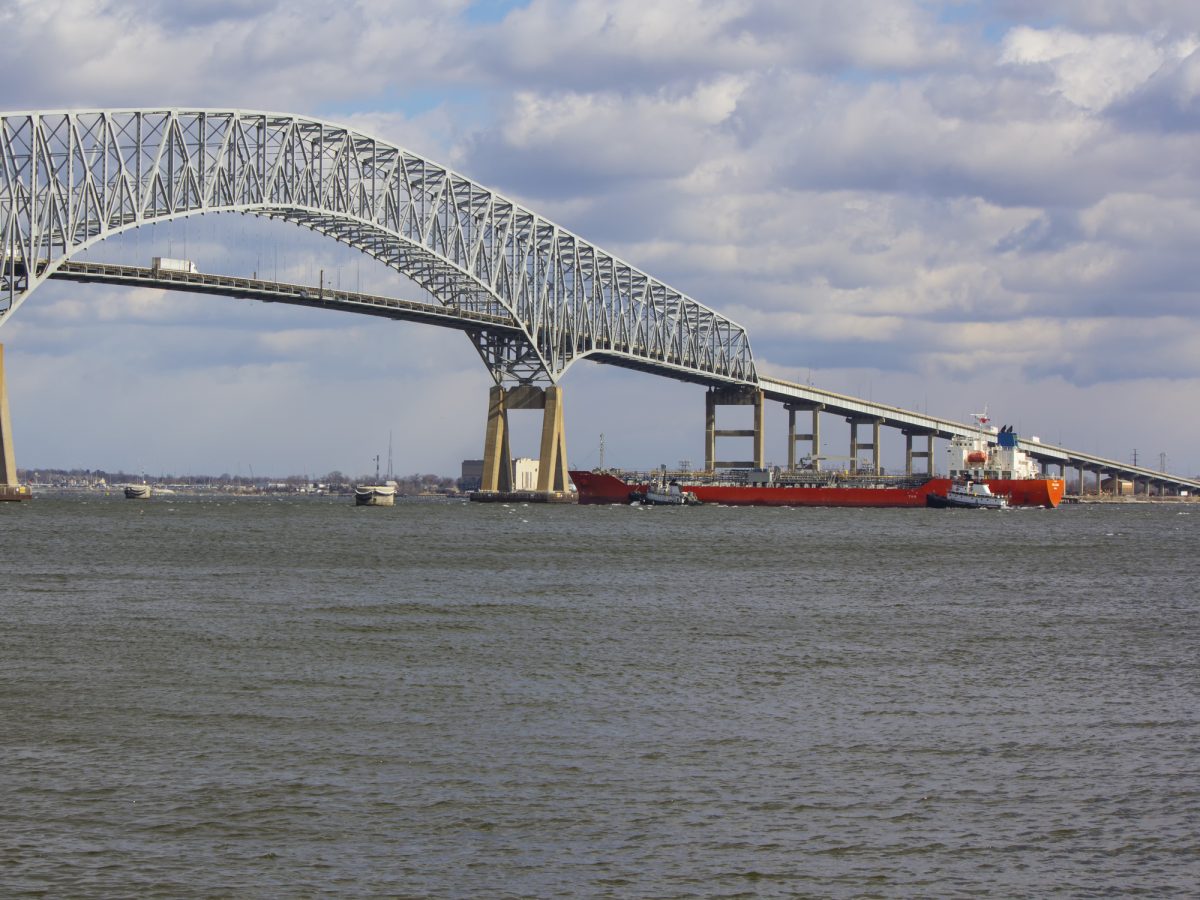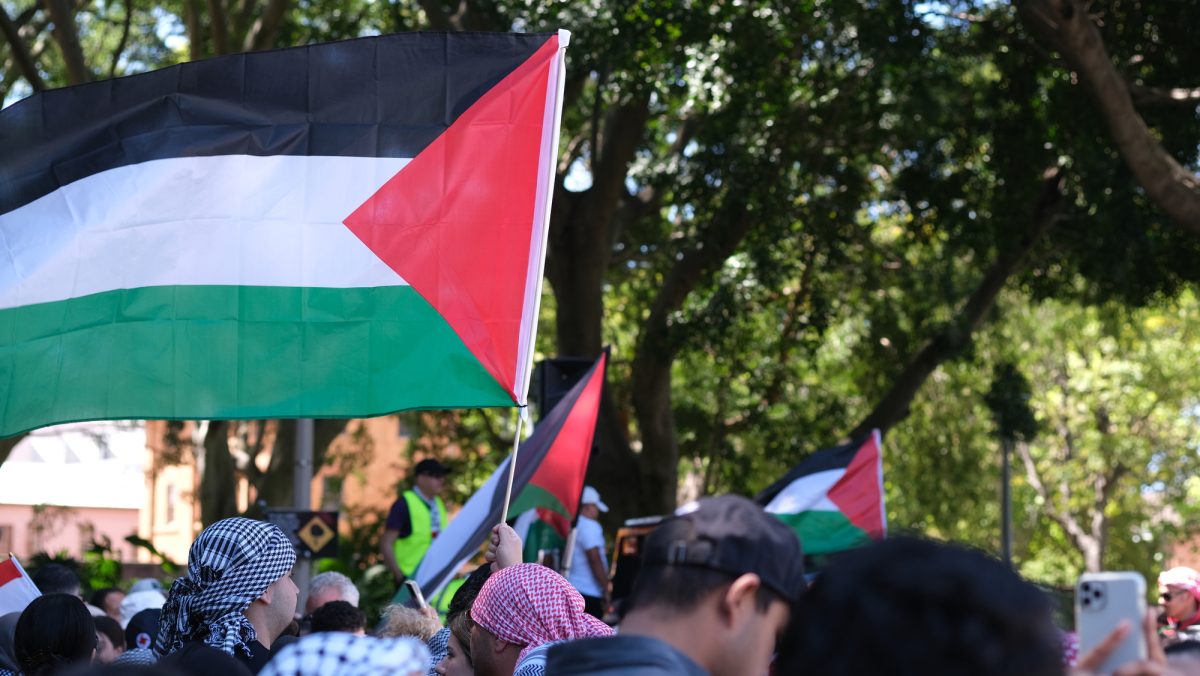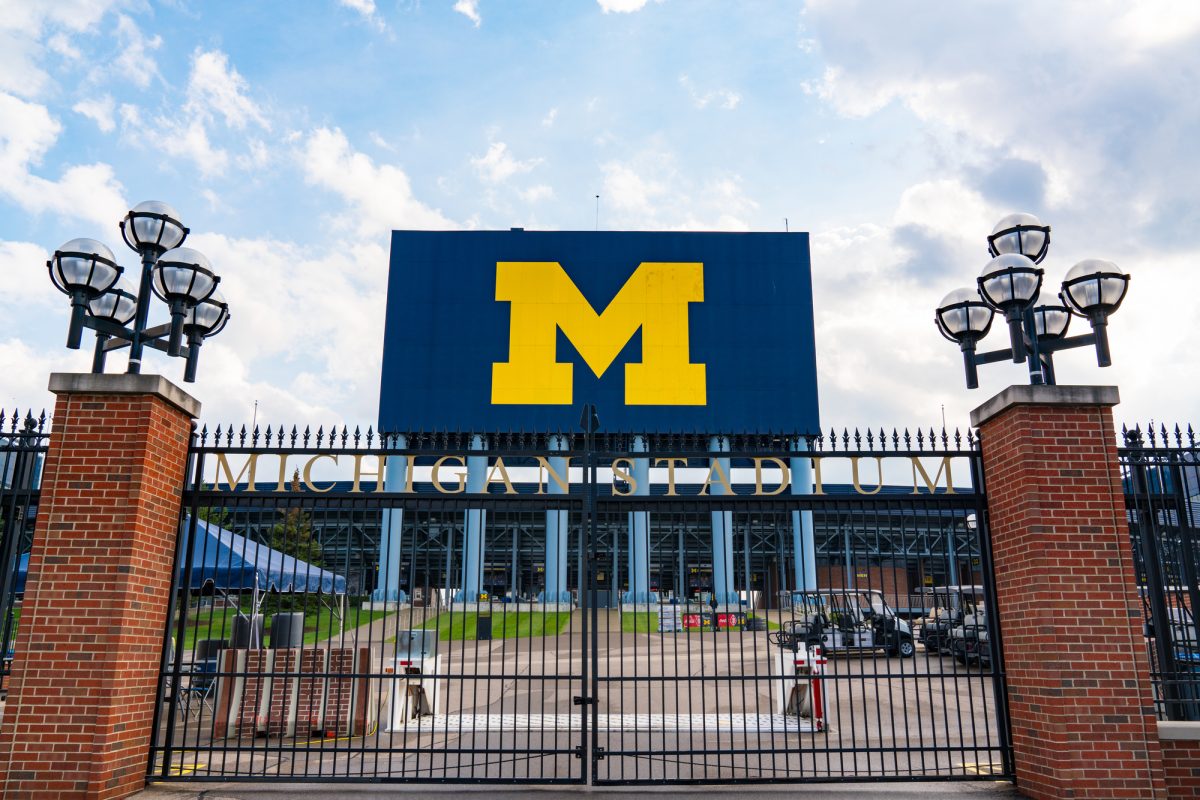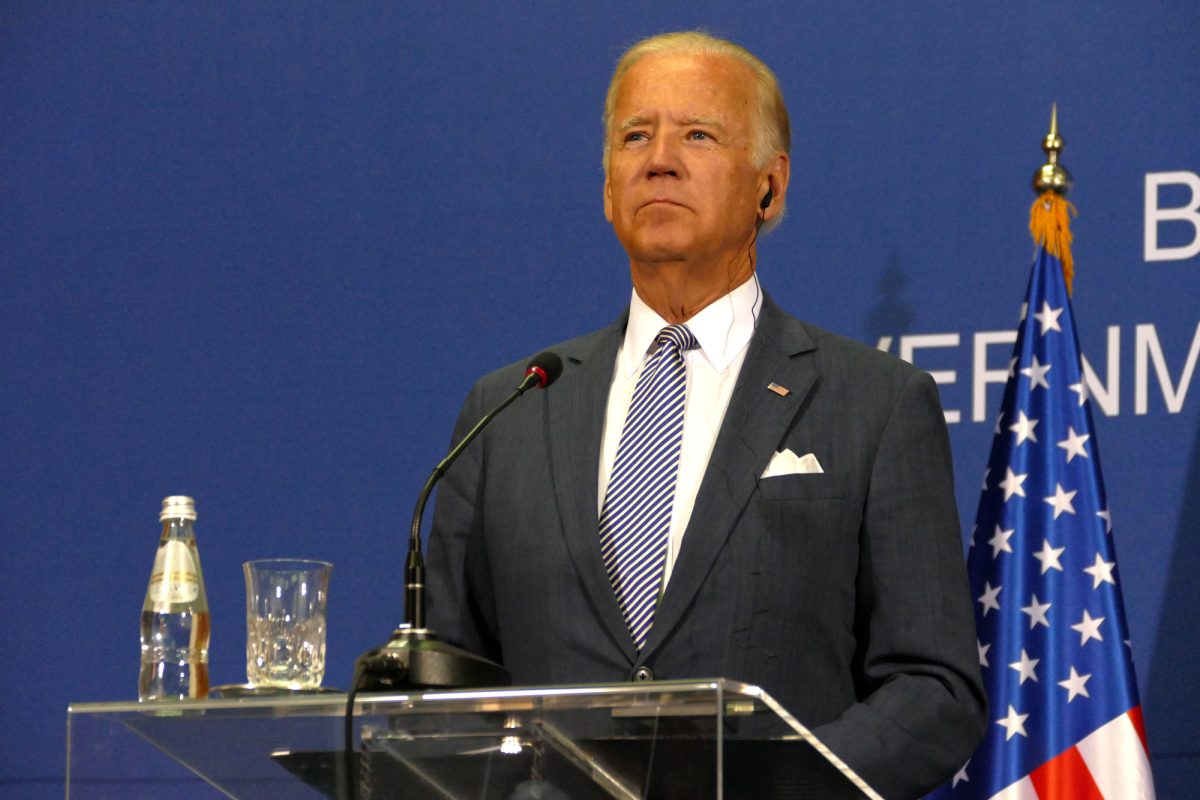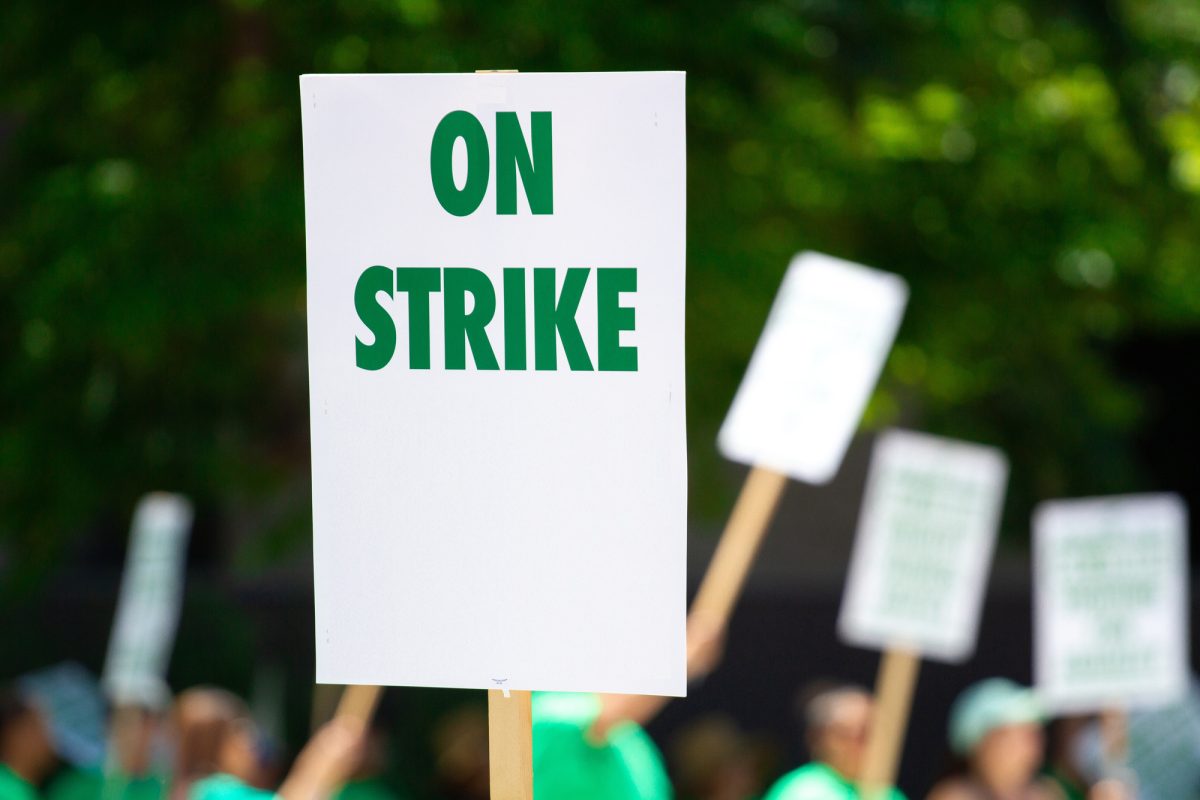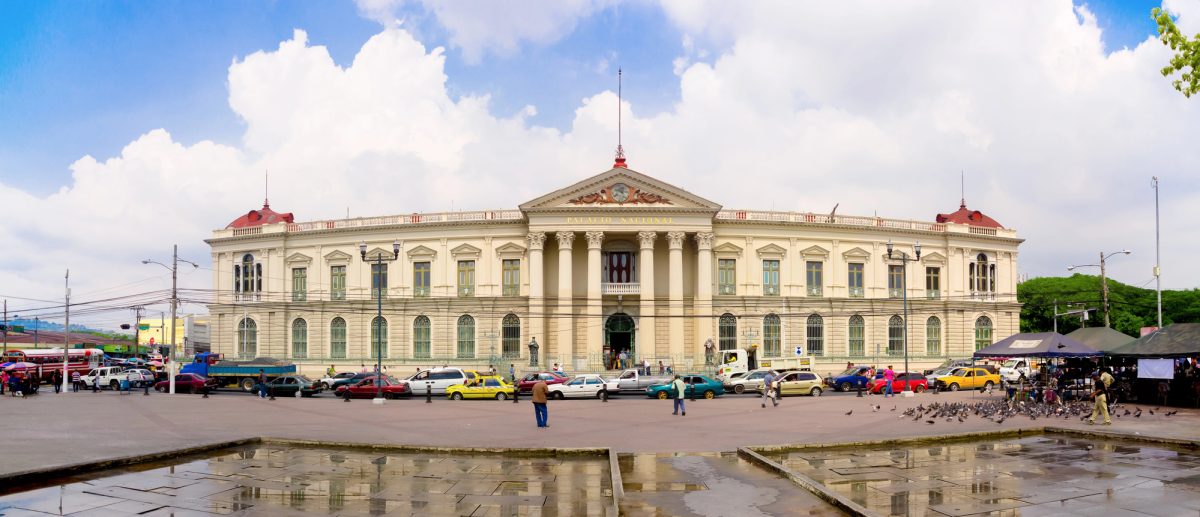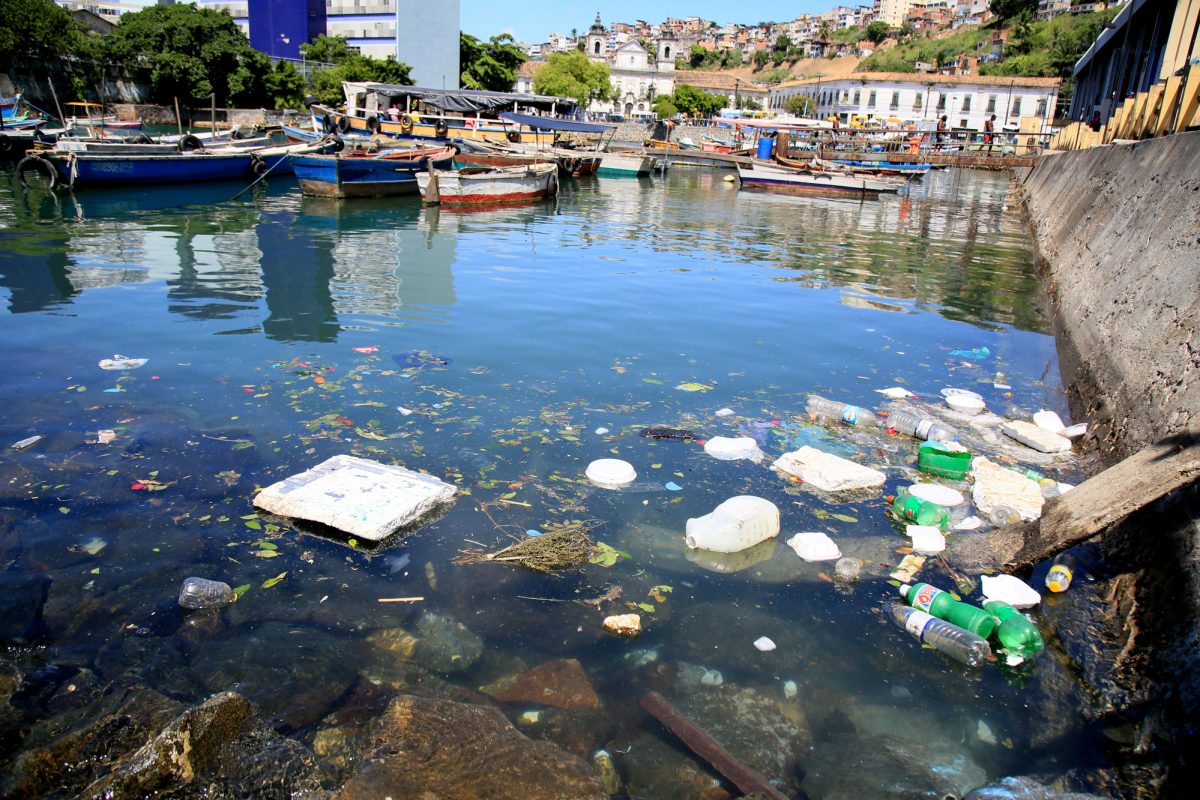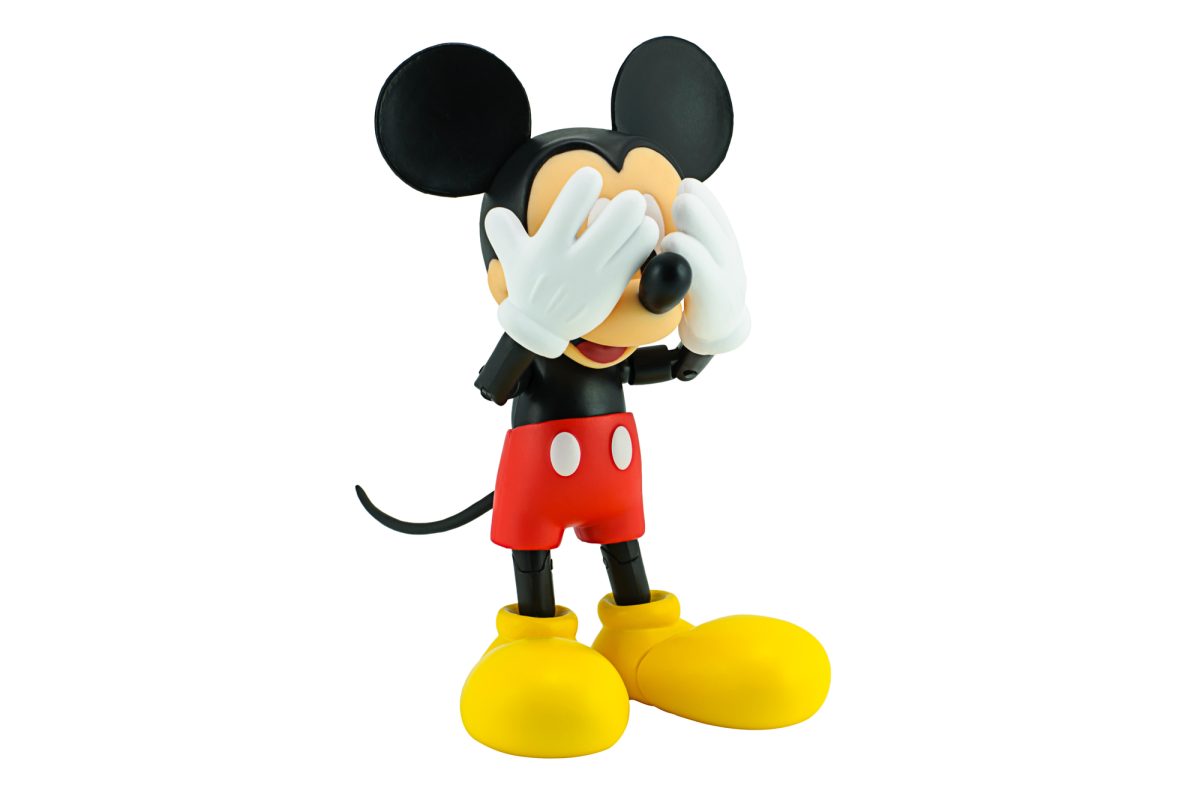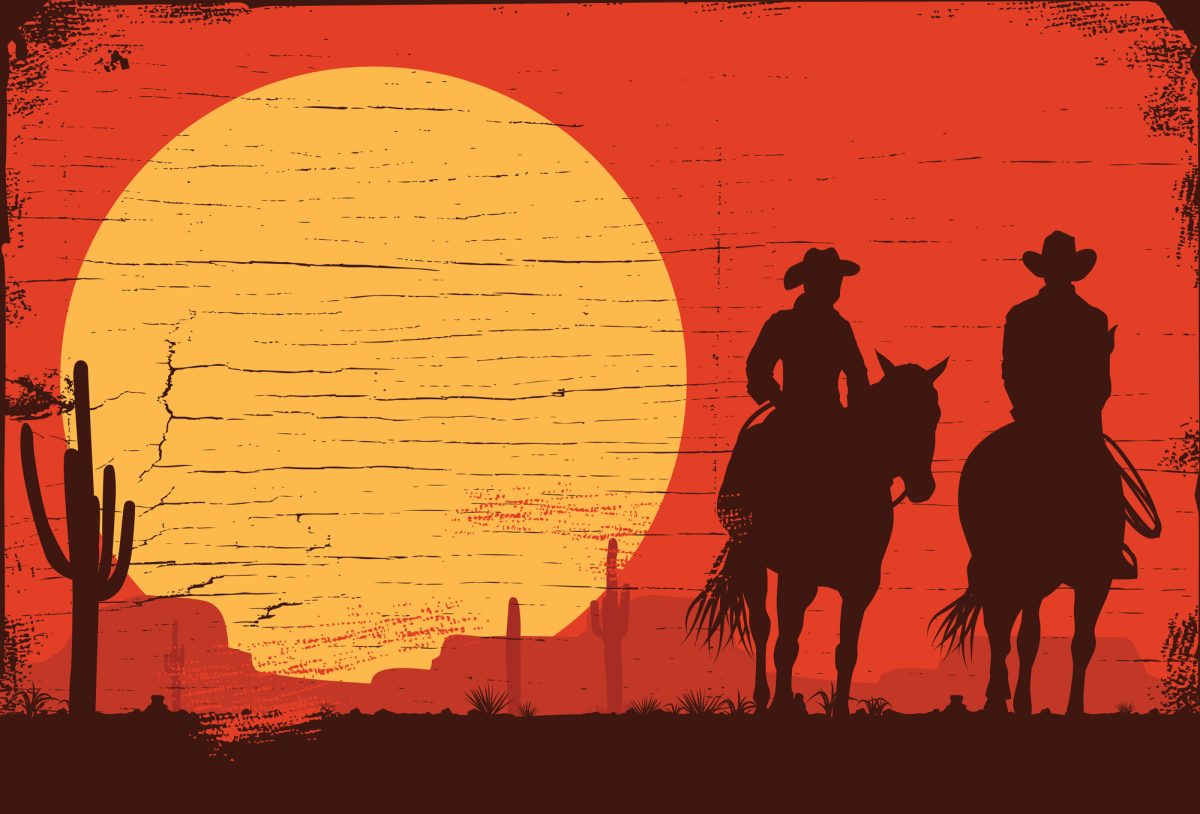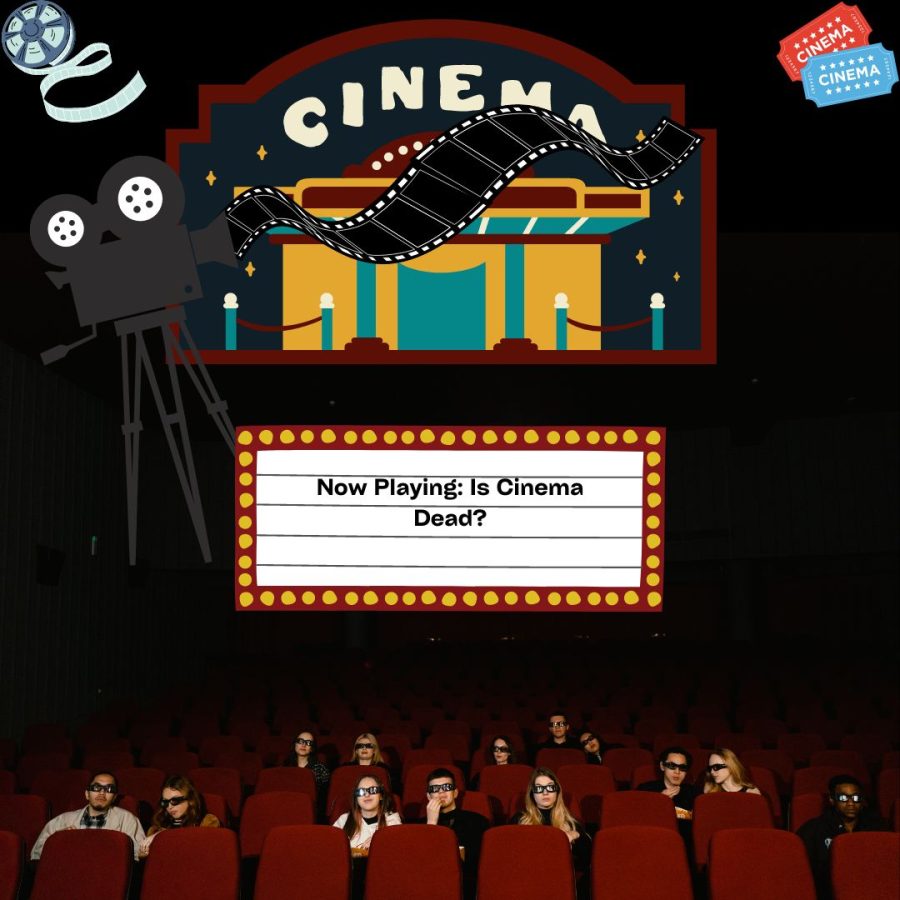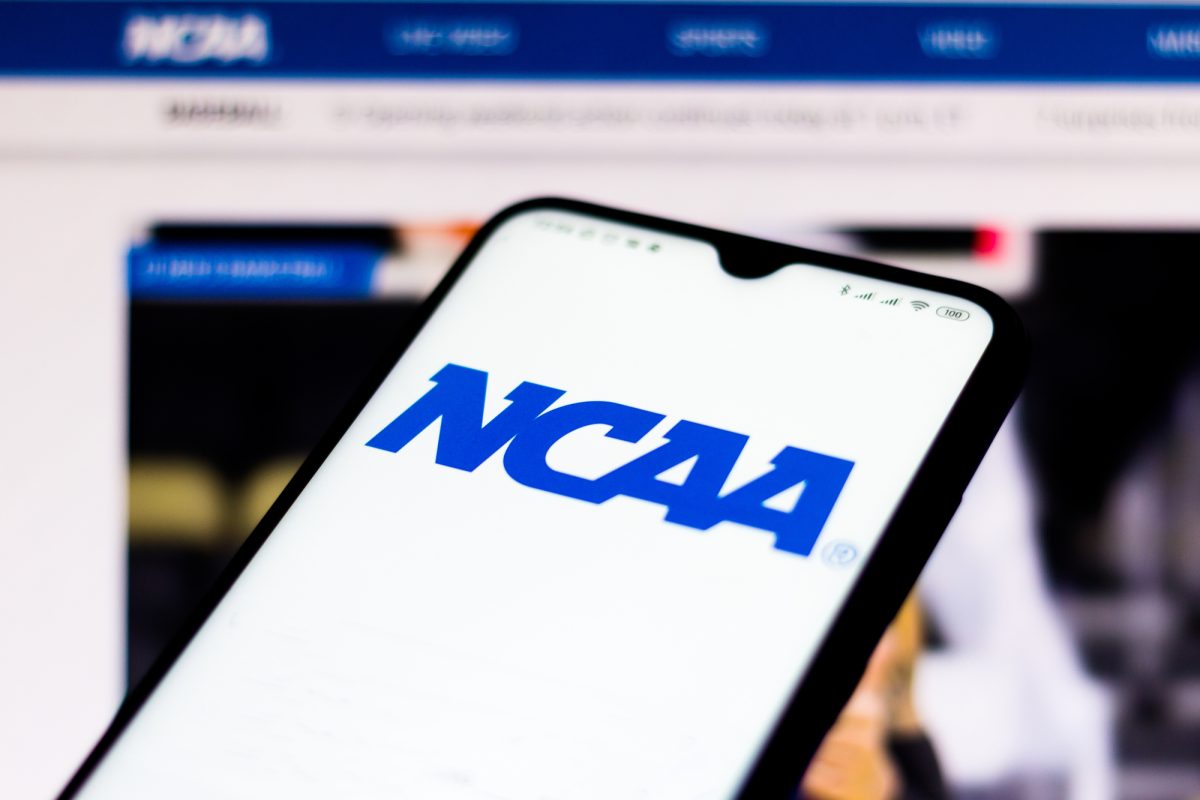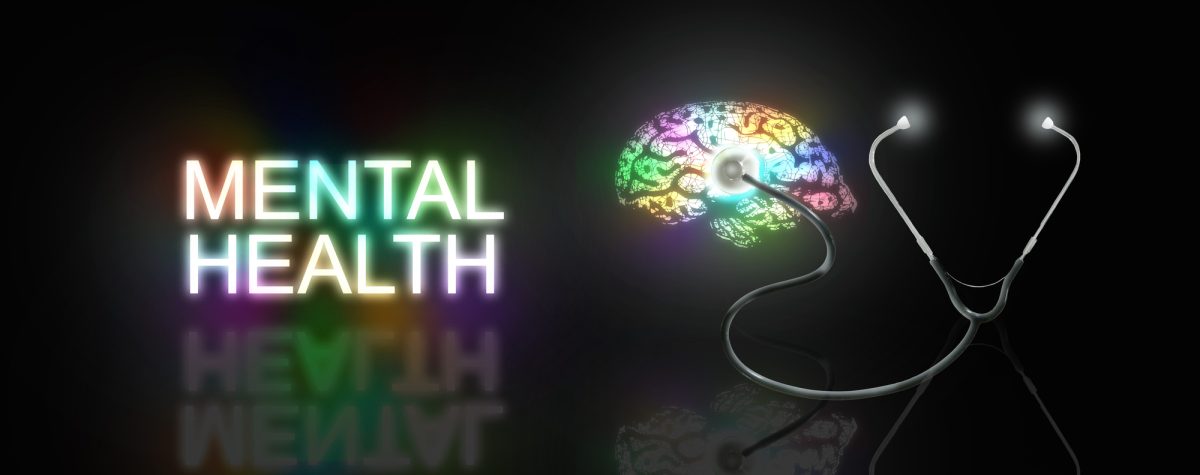Hate, Violence, and the State of Free Speech in the 21st Century
America, We Have A Problem
November 14, 2019
Words are one of the most powerful instruments a person can use to get their message across. They can either be used for a beneficial cause or a destructive one, though, due to the relativity of words and their impacts, it is rather difficult to pinpoint where a person has breached that line. It is a fragile balance, but that balance is shattered when speech is used to affect the oppression of another’s existence. The use of language in this manner is a sort of violence, one that dons the mask of civility and free speech, but under the layers of its syntax and diction, lies the groundwork of a someone else’s ruin. It extends beyond the limits of constructive free speech.
College campuses across the country are increasingly being plagued with this issue in terms of who gets to speak on their campus grounds. One of the main purposes of a college education is to expand a person’s thinking beyond its comfortable limits. Echo chambers are not conducive to this mission; a campus should not only be diverse in its demographics, but it should also be in its voice. However, those same, often underrepresented and minority, voices are endangered by the imposing verbal violence of white supremacy disguised as conservative thinking or patriotic feelings towards one’s country. The main question here is whose country, exactly? All of ours? Or white males? Two things can be right at the same time: while silencing peoples’ voices hurts discourse, whether it be on the national or community scale, allowing vicious rhetoric to reign for the sake of “free speech” is also dangerous.
Allowing the spread of hateful rhetoric has led to the radicalization of many of America’s white and outcasted youth. According to Cardiff University and their study, there is a direct correlation between the rise of online hate speech and the rise of hate violence. Despite correlation not equaling causation, we see it regularly in our public sphere, such as the letters on the pages of white supremacist literature, incel forum boards, or even from the mouth of the current president and his ilk, channeling themselves into acts of actual violence by deranged individuals. Those who argue that ANTIFA and other extremist liberal groups are equally, or somehow even more, dangerous than the Proud Boys and other Alt-Right groups have a point, though it is disingenuous in its foundation. For while violence committed by either extreme should never be condoned or ignored, acts of mass violence are normally people who align themselves with Alt-Right ideologies rather than the liberal former. So how do we face this seemingly impossible task?
Hate violence is rising. First, we must recognize that fact, that we do indeed have a problem, for dealing with a problem is impossible without it. The wise James Baldwin once said that “Not everything is faced can be changed, but nothing can be changed until it is faced.” And it is true. There must be an effort to first acknowledge the wound to treat and subsequently heal from it. A good first step is Homeland Security recognizing white supremacy as a terrorist threat, but that alone will not be enough. Further sanctions on gun ownership, though another fair step, will not be the healing cure of this disease especially if said gun laws keep up the trend of disproportionately target the rights of minority citizens. Other Western developed nations have tried it such as New Zealand, so it is unreasonable to think that America, the supposed leading example of the world, the country to which any problem is none too powerful to be solved, cannot do the same. Still, there is more to be done.
Not to sound like Marianne Williamson, but the other, more soul-gaping wounds of this issue, by which sentiments of American individuality and exceptionalism have partly been a cause, needs a more holistic approach. Such as an increase in funding for mental care services and the broadened access to them, more oversight and accountability from parents over their children’s online activities, more support groups in schools and in surrounding communities, not only noticing warning signs but acting on them, and overall being more kind and compassionate to one another. Making progress in these areas could dispel the need for measures such as certain online providers pulling support from websites like 8chan, only for it to return in a different form. Maybe, sometime in the overly idealistic future, the desire for such websites will cease to exist.
What I am advocating for is not a revocation of constitutional liberties, but survival. I am quite glad I can write this article without fear of any governmental or institutional retribution. But It is about the survival of a democratic society, that which, as of late, seems to be a few subtle steps from falling off the cliff of hubris and into the pit of total annihilation. It may seem as though I am making things bigger than they are, but that is not the case. Lest we forget, Hitler once cried censorship and we all know how that turned out. Tolerating the intolerant thusly leads to the dissolution of said tolerant society. Karl Popper warned of this in 1945, and we would be wise to heed his warning.
Hate to society is that of cancer to the human body or, in this case, the body politic. The healthy cell, like any member of society, is supposed to work to execute its function and proceed in a manner that ensures the welfare of the body. But, at one point in its life, for reasons both external and internal, it turns malignant and begins attacking the body of which it is purposed to protect. In the beginning, it may seem quite insignificant, but when said cell is left to fester in its dwelling, it unnaturally mass produces itself, spreading the disease throughout the system. But when dealt with promptly, it can save for a lot of heartaches in the future. However, even then, there is always the much-afeared chance that the disease may return to strike once again.
Germany once faced this diabolical menace once before, as it does so again today. So does Italy and many others. Hate has no known borders, no bounds unless they are staunchly placed. It will cross vast oceans to strike its next unsuspecting victim. But what will we do about it? Will we allow it to fester, to allow history, in all its present nature, play out right before our eyes and do nothing? Or will we, living up to the moment and our nation’s forefathers–––native, captive, adopted, and all–––fight and speak out against the rise of villainy, vitriol, deceit, and hatred.
The destruction of America will not come from the nukes of North Korea, or the political invasion of Russia; or the imaginary southern border invasion; or the economic power and military might of China; or the terror attacks of ISIS, but it will stem from within. So, if we as the body politic will see to the success of this most demanding experiment called America, then we must not ignore the pangs and fires of the domestic son. America, though the fallen example of the world, we still find ourselves at watch by international spectators, waiting for what we shall do. What will it be? For the sake of our country and the world, as we now know it, I can only hope we make the right and valiant choice.

